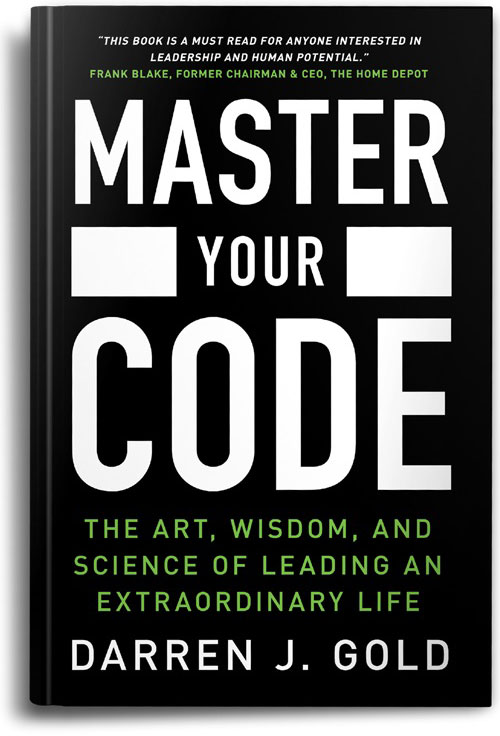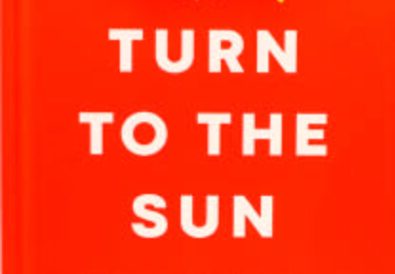When you clicked on this article, did you think:
“There’s no way an article can help this situation.”
“I’m pretty sure I know what he’ll say.”
“If I don’t agree, I’m going to stop reading.”
Here’s the thing about beliefs. They massively shape your actions and, therefore, what plays out in your life—even how you cope with a crisis, like the coronavirus.
In this particular case, thinking, “There’s no advice that will really help me in this crisis” will do just that: it will put you in a state of mind where there are no solutions, and no possibilities. But thinking, “There are always better ways to manage and even thrive in a crisis,” will open your mind to more effective behaviors and actions.
The good news is that once you’re aware of your programmed beliefs, you can choose new ones. When you choose a new belief, the actions that are available to you will expand. The greater the range of actions, the higher the probability you’ll achieve the results you want.
Still not convinced? Let’s take a break from COVID-19 for a minute and consider the following story.
A Tale of Two Salesmen
In the early 1900s, two shoe salesmen are dispatched by boat from London to a developing country to determine if there is a market opportunity there. They arrive to see a massive population of people, none of whom are wearing shoes.
The two men rush to the nearest telegraph office to send a message back to their company. The first sends the following:
DISASTER. NO ONE HERE WEARS SHOES. I WILL BE ON NEXT BOAT HOME.
The other salesman pauses, thinks about it, and sends something different:
GLORIOUS OPPORTUNITY. NO ONE HERE WEARS SHOES YET. SEND INVENTORY FAST.
Same circumstances, different outcomes. The only difference was the set of underlying beliefs each man held. The first saw the world as a place of scarcity. The second saw a world of abundance and possibility. Who was right? It doesn’t really matter. What matters is that their programming determined the actions available to them. Different beliefs, different possibilities.
So how can a story about shoe salesmen help us through this crisis? More than you think. It highlights three strategies we can embrace now:
Be aware. Effectiveness in any situation, particularly a crisis, first requires that you become aware. Aware that you have a program—a set of subconscious, safety-based beliefs, values, and rules—that automatically shapes how you see yourself, others, and the world around you.
Without awareness, you simply act—automatically and reflexively. Your mind creates an explanation, after the fact, which allows you to believe that you actually choose your response to situations. But more often than not, the actions you take are the product of the subconscious program that’s running you.
The great individuals throughout history have known this. They leveraged their awareness to master the practice of choosing beliefs that served them. They weren’t bystanders in their lives. They authored them, much like the second salesman in the story.
Give your brain space. Our brains are amazing organs. The information you sense from inside and outside your body—through your eyes, your ears, your nose, your skin—is sent to a part of the brain called the thalamus. The thalamus then sends this information in two directions: to the amygdala, which gauges threats to your survival, and up to the prefrontal cortex (PFC), where your conscious awareness resides.
Here, the amygdala has an advantage. It receives the information faster than the PFC does, which means your brain is literally sounding the alarm before it can think anything else. The more “rational” part of your brain doesn’t have a chance to observe, evaluate, and choose how to respond.
When we’re in crisis mode, we need to give our brains space. The more you can create space between the stimulus and the amygdala’s response, the more you can have a choice about how you feel, act, and behave. In the story, the first salesman reacted. The second salesman likely paused before formulating his response.
Choose. Why do some individuals lead an extraordinary life while others struggle just to get by? Extraordinary people have discovered that there is a human superpower: the ability to choose the beliefs you hold. They realize that all beliefs are made up, even the ones we are certain are true. And, because they are made up, any belief can be reconstructed.
This superpower is particularly critical in a crisis, where you are likely to automatically default to a belief designed to keep you safe. Times like these require creativity, measured risk, and clarity of thinking, which can only happen if you choose how to interpret your environment.
If you are fearful and believe there’s little you can do to affect your circumstances, like the first shoe salesman, you will react to protect yourself, leading to sub-optimal actions and results. However, if you consciously choose to believe there’s always something you can do to affect any situation, like the second salesman, a whole new set of actions will be available to you.
How does this apply to the coronavirus pandemic? Every aspect of how you’re living and leading right now is unfamiliar and unprecedented. The beliefs you choose about the current situation will impact your personal well-being, the way you interact with your family, and the health and trajectory of your career. Your beliefs may determine the very survival of the business you own or lead. And if you’re on the front-lines of the current crisis, there are real life-and-death consequences.
Questioning our deeply held beliefs may be the most important tool we have to not only survive this crisis but also to emerge stronger as individuals, families, organizations—and as a society.
 Darren Gold is a Managing Partner at The Trium Group, where he advises and coaches leadership teams at many of the world’s most innovative companies, including Roche, Dropbox, Lululemon, Sephora, Cisco, eBay, Activision, and Warner Bros. He is the author of the new book Master Your Code: The Art, Wisdom, and Science of Leading an Extraordinary Life. Learn more at www.darrenjgold.com.
Darren Gold is a Managing Partner at The Trium Group, where he advises and coaches leadership teams at many of the world’s most innovative companies, including Roche, Dropbox, Lululemon, Sephora, Cisco, eBay, Activision, and Warner Bros. He is the author of the new book Master Your Code: The Art, Wisdom, and Science of Leading an Extraordinary Life. Learn more at www.darrenjgold.com.

















